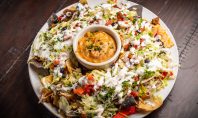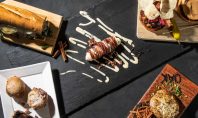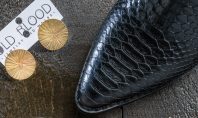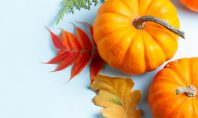Mint Juleps with Teddy Roosevelt
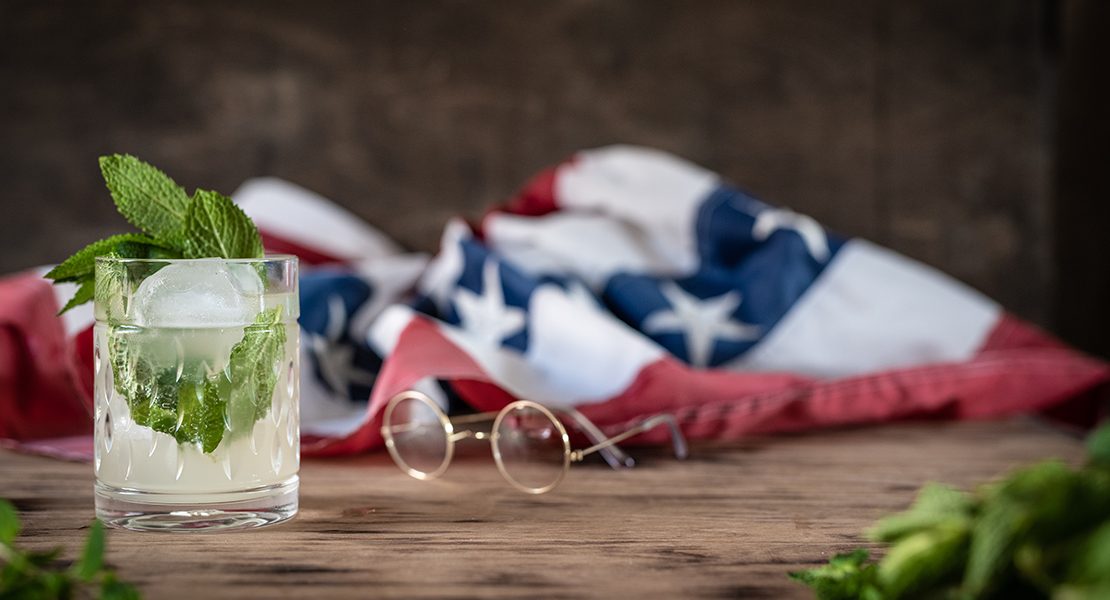
When history and alcohol collide, really interesting things happen,” says Mark Will-Weber. “Alcohol is part of the whole fabric of the colonial and American story.”
The Bethlehem author learned just how deeply the two are entwined when researching his books “Mint Juleps with Teddy Roosevelt,” which examines the drinking habits of America’s presidents, and “Muskets and Applejack,” which details the role alcohol played in the Civil War. Will-Weber, a former sports writer and magazine editor and author of several books about running, was inspired to delve into the alcohol-history connection when a friend who had enjoyed reading an anecdote in “First Off the Tee” about how Warren G. Harding, president during Prohibition, would stash a fifth of whiskey in his golf bag, said he would love to know what other presidents drank.
“He looked at me and said, ‘You’re a writer. Why don’t you write a book,” Will-Weber recalls. Thinking of Jimmy Carter and other presidents who didn’t drink, he wondered if such a book would work. But then he remembered that Carter’s brother’s drinking created some problems for him. “I figured that if they didn’t drink, maybe there were enough people around them that did that I could develop a peripheral story.” He started with teetotaler Rutherford B. Hayes and Carter and discovered that they were actually pretty interesting. “I knew I’d find great stuff about Grant, LBJ and Washington. Once I got through the non- and light drinkers, it really came into shape,” he says.
Will-Weber found the best material for both books in letters and diaries. He also read a lot of biographies. “It was kind of like mining for gold,” he says, noting that he went through a lot of material to find the “nuggets.” As a result of his research, he’s become an expert on a niche area of American history and often speaks on the subject.
“There are so many events in history based on alcohol. The Whiskey Rebellion, Prohibition. It even played a big factor in the Revolution,” Will-Weber says. “It had an undercurrent part in the Revolution because alcohol was one of the biggest revenue producers,” either imported or domestically produced. He notes that long before England began taxing tea, its tax on molasses, a primary ingredient of rum, was riling up the colonists, prompting John Hancock, an importer, to stage his own alcohol-inspired version of the Boston Tea Party and John Adams to call molasses “an essential ingredient in American independence.” Not many years later, America’s own effort to tax whiskey to pay off the national debt led to the Whiskey Rebellion, in which western Pennsylvania farmers rebelled against the tax and George Washington sent in the militia to quell the uprising. Coincidentally, not long after, Washington started distilling whiskey himself, at one point operating five stills at Mount Vernon.
Will-Weber relishes many of the little-known stories he uncovered about the presidents, such as Herbert Hoover being greeted by chants of “We want beer” when he arrived at the 1929 World Series during the middle of Prohibition; or Lyndon Johnson’s propensity to drive at 80 mph, drink in hand, in an amphibious car that he would drive into a lake on his ranch, while telling his passengers he had no brakes. What Will-Weber found most interesting is how big a role alcohol has played in the political process and how influential it has been.
“It actually predates the U.S.,” he says, adding that when George Washington ran for a seat in Virginia’s House of Burgesses, he dispensed large quantities of rum, beer, and wine to his constituents—and won. “You really couldn’t proceed without alcohol. You tempted fate if you didn’t use it as part of the process because the other guys would.” The tradition still exists today, though it’s been “gentrified,” he notes. Rather than buying a round of beers at the local bar then transporting folks to the polls, politicians today host $500-a-plate dinners featuring expensive wines.
His research into the presidents was the starting point for “Muskets and Applejack,” as many of the presidents were involved in the Civil War. “Grant was a Civil War general. McKinley was in the Civil War. Hayes, Garfield—they all had drinking histories from the Civil War.”
Alcohol was a constant during the Civil War.
“It was always present, for good and for evil,” Will-Weber says. “Most officers carried a small flask, so that if they got hit, they would reach into their jacket and chug it down to dull the pain till could get off the field and get the bullet out,” he says. It was also used as a disease preventive for mosquito-borne illnesses and to dull another kind of pain. “They saw a lot of hand-to-hand combat. If you don’t need a drink after an afternoon of that, I don’t know when you would.”
While the officers would drink fine wines, the rank and file would drink whatever they could get. “They were ingenious in getting it to camp. They would go out with a rifle, drink as much as they could while out of camp, then fill the rifle barrel with whiskey and march back into camp. They’d pour it into another container for later, or hollow out watermelons and pumpkins and stick in there.”
So, which president would Mark Will-Weber most like to toss one back with?
“Jefferson would be fun to have a glass of wine with. In his time, they didn’t drink wine at dinner. They drank beer and hard cider with dinner. Wine was for afterward, with smoking cigars and pontificating in the library. Jefferson was such an intellectual . . . to have a glass of wine with Jefferson would be hard to pass up.”
The other guy on his list is Harry S Truman. “He’d do a two-mile walk, get a rubdown, then do a
shot of whiskey before he started his day. I don’t know that I’d want to do that, but I wouldn’t mind
having a bourbon with him.”



